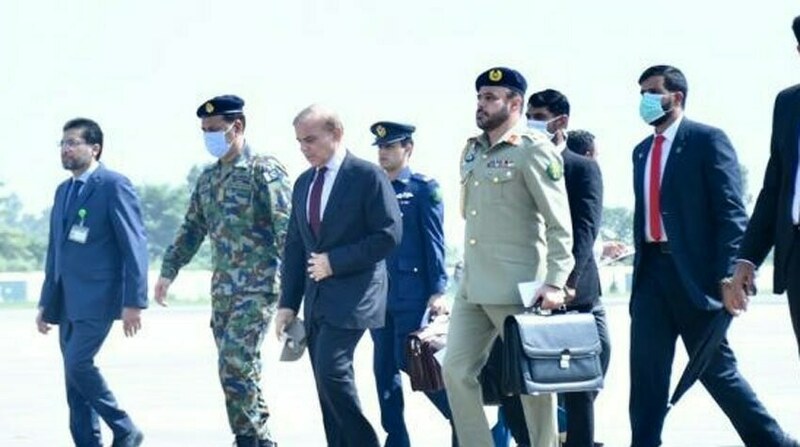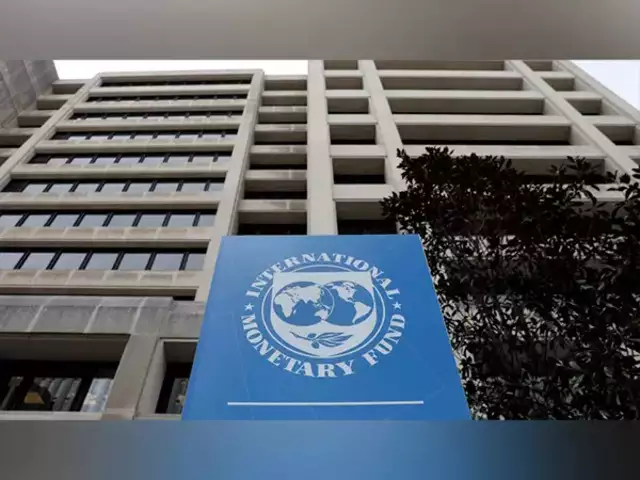PTBP Web Desk
Saudi Arabia’s de facto ruler, Crown Prince Mohammed bin Salman (MBS), is set to meet US President Donald Trump at the White House on Tuesday in a high-profile visit aimed at deepening bilateral ties. The discussions are expected to cover decades-old cooperation on oil and security while exploring new avenues in commerce, technology, and civilian nuclear energy.
This marks MBS’s first trip to the United States since the 2018 killing of Saudi journalist Jamal Khashoggi in Istanbul, a case that drew global condemnation. U.S. intelligence agencies concluded that MBS had approved the operation targeting Khashoggi, a prominent critic of the Saudi regime. While the crown prince denied giving the order, he accepted responsibility as the kingdom’s de facto leader.
Despite the controversy, both countries are now seeking to move forward. The United States, the world’s largest economy, and Saudi Arabia, the top oil producer, are focused on strategic and economic interests rather than past disputes. Trump, in particular, is looking to capitalize on a $600 billion Saudi investment pledge made during his visit to the kingdom earlier this year. Human rights concerns are expected to take a backseat in these discussions, reflecting the pragmatic approach both sides are adopting.
At the heart of the visit is a renewed focus on defense cooperation. Historically, the United States and Saudi Arabia have maintained a strategic exchange: Saudi oil at favorable prices in return for U.S. security guarantees. This balance was challenged in 2019 when Iran struck Saudi oil installations, leaving Riyadh feeling vulnerable. Concerns resurfaced after Israel conducted a strike on Doha, Qatar, claiming the target was members of Hamas. In response, Trump signed a defense pact with Qatar via executive order. Analysts now expect Saudi Arabia to pursue a similar arrangement.
The Saudis have long sought a defense pact ratified by the U.S. Congress. However, Washington has conditioned such agreements on Saudi normalization of ties with Israel. Riyadh, in turn, has tied this to a commitment from Israel to support Palestinian statehood. Israeli Prime Minister Benjamin Netanyahu, who recently brokered a ceasefire with Hamas in Gaza, has reaffirmed his opposition to Palestinian independence, complicating potential agreements.
Dennis Ross, former Middle East negotiator and senior fellow at the Washington Institute for Near East Policy, predicts that any executive order on defense will likely call for immediate consultations between the U.S. and Saudi Arabia on responding to threats without obligating Washington to actively defend Riyadh. This could include missile defense systems such as THAAD or Patriot, arms replacement, or naval deployments, but would likely stop short of direct offensive military involvement.
Beyond defense, MBS is keen to advance economic and technological ties with the United States. Under Saudi Arabia’s Vision 2030 plan, the kingdom is aggressively diversifying its economy, focusing on sectors such as artificial intelligence and nuclear energy to strengthen its global standing. Access to advanced computer chips is critical for Saudi Arabia to compete with the UAE, which recently signed a multibillion-dollar U.S. deal for AI infrastructure and high-end chips.
MBS is also seeking an agreement on a civilian nuclear program, which would enable Saudi Arabia to reduce its dependence on oil and rival regional competitors like the UAE and Iran. However, progress on nuclear cooperation has been slow, as the U.S. has insisted on restrictions against uranium enrichment and reprocessing spent fuel—both potential pathways to nuclear weapons. Observers expect that the visit could produce a formal announcement on nuclear collaboration or at least a framework signaling progress toward such an agreement.
The White House visit also highlights the ongoing strategic recalibration in the Middle East. Both Washington and Riyadh aim to secure mutual advantages amid shifting regional alliances. Saudi Arabia’s pursuit of advanced defense systems, AI, and nuclear technology underscores its ambition to maintain regional dominance and hedge against potential threats. Meanwhile, the U.S. seeks to maintain its influence over energy markets and regional security.
Aziz Alghashian, a Saudi-based lecturer in international relations, remarked that “there is a page that has been turned” regarding the Khashoggi case, reflecting a broader willingness on both sides to prioritize strategic and economic interests.




